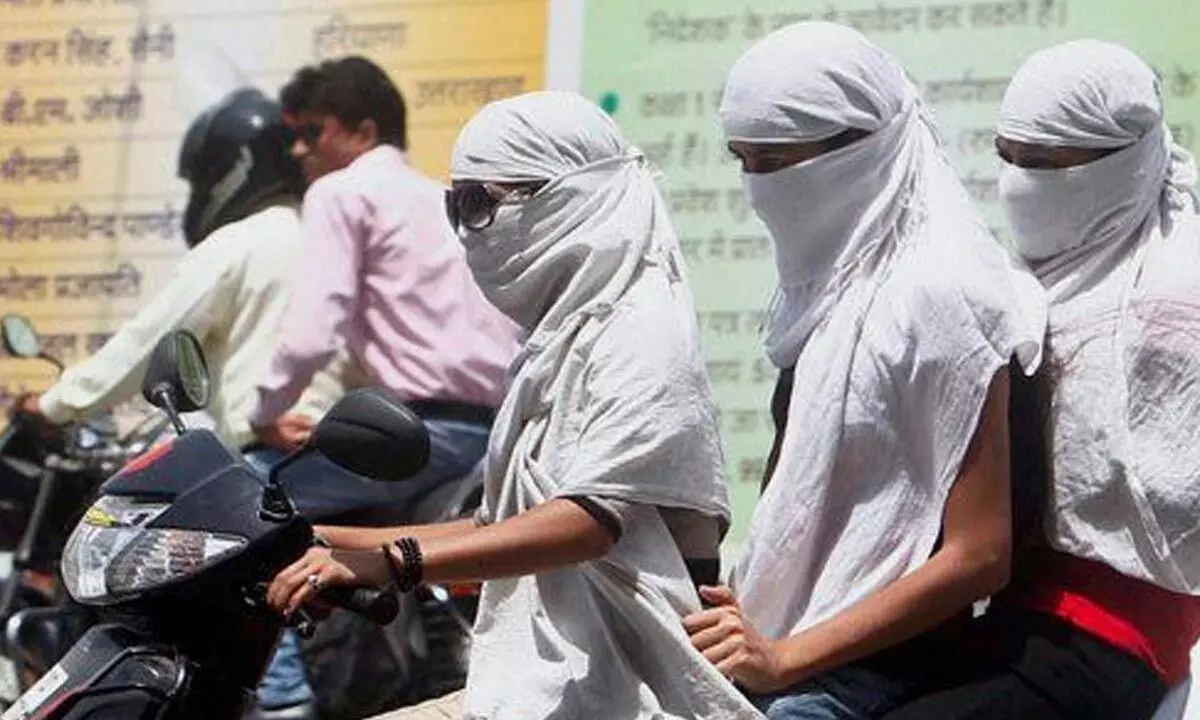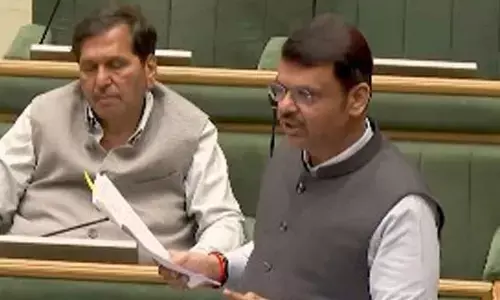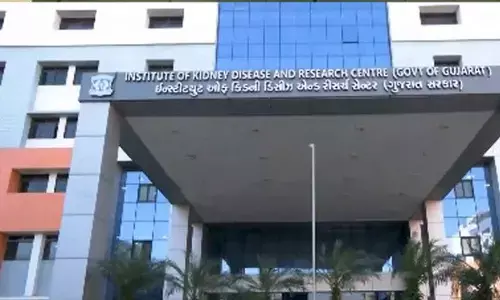Heat waves expected in several parts of Karnataka, surge in fever cases likely

Heat waves expected in several parts of Karnataka, surge in fever cases likely
New weather predictions from the India Meteorological Department (IMD) suggested that the southern state of Karnataka would have an early summer.
Bengaluru: New weather predictions from the India Meteorological Department (IMD) suggested that the southern state of Karnataka would have an early summer. On Thursday, the department warned that during the following 24 hrs, maximum temperatures in some parts of the state could reach two to three degrees Celsius over average.
Up till Friday, parts of central Karnataka (CK) and north-interior Karnataka (NIK) should expect somewhat warmer temperatures. For the next 48 hours, minimum temperatures are forecast to be three to four degrees Celsius below average at isolated locations over NIK and two to three degrees below normal at isolated areas over CK and SIK.
The IMD predicted a mostly clear sky for Bengaluru, with mist extremely likely in some regions during the early morning hours. The maximum and minimum temperatures in Bengaluru for Friday, according to the IMD, may be around 32 and 16 degrees Celsius, respectively.
According to the Karnataka State Natural Disaster Monitoring Centre (KSNDMC), the minimum temperature on Wednesday in Bengaluru Rural District averaged 13.8 degrees Celsius, while 78% of the state's geographic region saw minimum temperatures between 14 and 18 degrees Celsius.
In some areas of the districts of Chikkamagaluru, Hassan, Kolar, Chikkaballapura, and Ramanagara, minimum temperatures between 10 and 12 degrees Celsius were recorded.
In contrast, the Kalaburagi District reported an average maximum temperature of 37.9 degrees Celsius, with maximum temperatures between 32 and 38 degrees Celsius being recorded in 91.5% of the state's geographic area.
In the meanwhile, people's health is being negatively impacted by the weather's erratic swings, which include hot afternoons, chilly nights, and foggy mornings. Hospitals are reporting an increase in fever cases.
In the meanwhile, people's health is being negatively impacted by the weather's erratic swings, which include hot afternoons, chilly nights, and foggy mornings. Hospitals are reporting an increase in fever cases.
A 6-year-old kid from Hoskerehalli has been suffering from fever. His mother said "Last week, we went to the doctor twice. Blood tests were recommended to rule out typhoid and dengue. The results were negative. The doctor claims that weather changes must be to blame for the fever."
"The number of allergens in the environment increases by about 200 viruses in the air every time we see a change in the season. Most illnesses that humans experience are caused by these viruses. As we breathe in cold air, our nasal and pulmonary airway pipes, as well as the bronchi, heat it to prevent damage to the lungs. Hence, its impact is reduced. However, when the airways are unprepared as the temperature lowers quickly at night, the human body may respond with a cold or cough," according to Dr. Rajesh, Paediatrician.
According to reports, the same factor has recently caused a 20% surge in fever cases. "Because of this weather, dry skin, eczema, dehydration, and allergy problems are also prevalent," he added.














